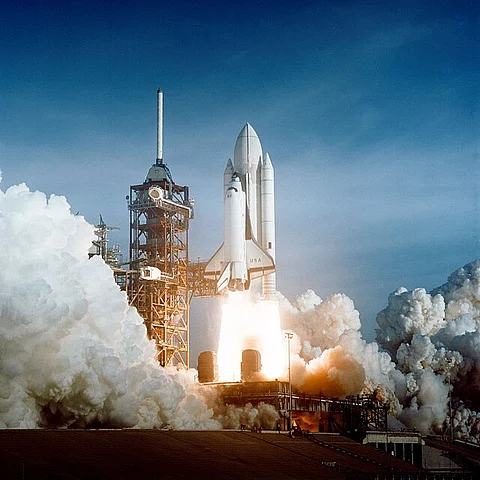

Approximately 3,870 NASA employees, nearly 20% of its 18,000-strong workforce have accepted voluntary departure offers, reducing staffing levels to around 14,000. The exits are part of the Trump administration’s broader effort to shrink the federal government, utilizing programs like early retirement and deferred resignations. A spokesperson confirmed the numbers remain fluid as applications undergo review, but the scale signals one of NASA’s most significant workforce reductions since the 1960s.
The departures include over 2,145 senior-ranking staff (GS-13 to GS-15 levels), who hold specialized technical and managerial roles critical to complex projects. Hardest-hit facilities include Maryland’s Goddard Space Flight Center (607 exits), Texas’s Johnson Space Center (366), and Florida’s Kennedy Space Center (311). These losses concentrate in core mission areas like human spaceflight and science, raising alarms about the agency’s capacity to execute the Artemis moon-landing program and future Mars missions. "You’re losing the managerial and core technical expertise of the agency," warned The Planetary Society’s Casey Dreier.
NASA remains without a Senate-confirmed administrator after Trump abruptly withdrew billionaire Jared Isaacman’s nomination in May, citing misalignment with his "America First" agenda. Isaacman, a SpaceX astronaut and Elon Musk ally, faced scrutiny over past Democratic donations and ties to Musk. Transportation Secretary Sean Duffy, a former reality-TV star with no space experience now serves as interim administrator while juggling both departments. Duffy’s first staff memo invoked Apollo-era pride but avoided addressing the workforce crisis.
Employees and lawmakers are pushing back. Nearly 100 staff protested outside NASA headquarters on July 20, condemning preemptive budget cuts and a "culture of fear." A "Voyager Declaration" signed by 300 current and former staff warned rapid brain drain could compromise safety, evoking the Challenger and Columbia disasters. House Democrats accused Duffy of illegally enacting unapproved budget cuts, noting NASA’s proposed 2026 budget slashes funding by 25% and science programs by 50%.
While NASA claims it prioritizes avoiding layoffs, the voluntary exodus may force mission cancellations. Congress could reject Trump’s proposed cuts, but institutional knowledge once lost is hard to restore. As one departing engineer noted: "Things just sound like it’s going to get worse".